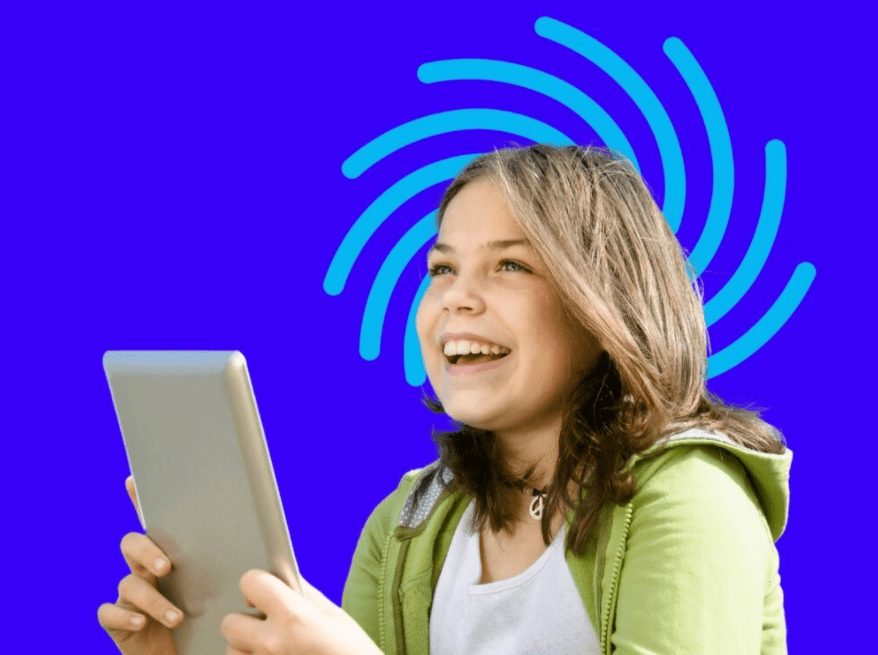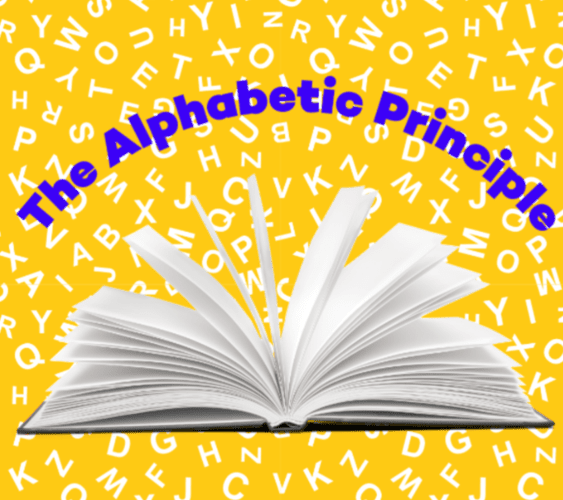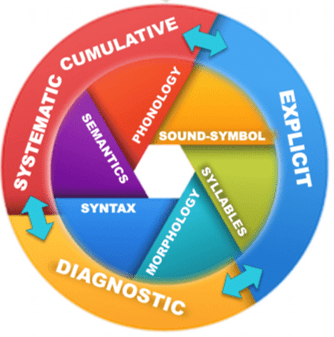
Virtually all students spent a good amount of the 2020–2021 school year on screens. Some were on screens for some of the day, others for most of the day, and some even for their entire school day. Now that summer has come, kids are on a break from the daily grind of the pandemic school year. But unless you’re one of the lucky ones, they have not taken a break from their screens. If you’re like most families right now your kids probably spend a lot of their day scrolling, gaming, watching, or texting. And chances are, very little of that is academic, or even cognitively stimulating. And we can’t blame them! When kids have spent their whole school year on a screen, it makes sense that they would continue the habit.
But just because school is over for now doesn’t mean you have to give in to hours of eyeballs glued to screens. We know that it isn’t practical to completely take screen time off the table this summer. So here are some of our favorite screen-based programs so that you can to make their time on the screen more educational.
For Younger Kids
Sesame Street
This timeless classic will always make our list. For generations, kids have been loving the adorable and relatable monsters on Sesame Street. Viewers learn their alphabet, their colors, how to count, and other foundational basics. But through Sesame Street monsters’ experiences, students learn valuable life lessons as well. Sesame Street has evolved with society, introducing muppets who continue to represent a wide range of the population. Their most recent addition is Julia, who has autism, which the monsters speak about openly. The show celebrates the monsters’ friendship and acceptance of Julia in a beautiful way that teaches viewers to accept and befriend those who are different from them.
Sounder and Friends
Sounder and Friends is a rare gem in that it was created by literacy specialists. They designed the show with the importance of phonological awareness in mind. While kids are watching TV, they are also building essential foundational skills that will lead them toward reading success later in life.
For Older Kids
Bill Nye
Whether or not they will admit it, every kid loves Bill Nye. His quirky personality and awesome experiments help bring science to life. We just can’t promise your kids won’t want to replicate some of his experiments at home. We apologize in advance.
National Geographic
Just about anything you can find on National Geographic is bound to teach you something you didn’t know about the world. While the National Geographic channel has some content that’s a little more escapist than actually educational, most of their programs (especially the non-fiction and documentary content) is both highly educational and completely thrilling. Cosmos explores time and space in ways that might give viewers chills, but also leave them in permanent awe of the universe. It also has the tendency to overwhelm. Watch with caution.
Conclusion
There is plenty of content out there that stimulates cognitive growth, instead of destroying brain cells. Be discerning in what you allow and encourage your children to watch. By steering them toward more educational content that’s still engaging, they can keep their beloved screen time, and you can feel confident that it isn’t doing them any harm.




